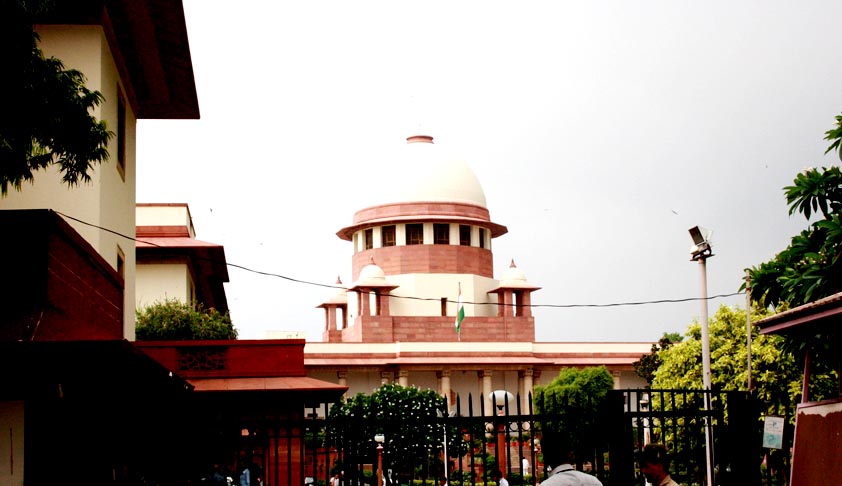National Judicial Appointments Commission: SC restricts all High Courts from hearing Petitions challenging validity of the Acts
Apoorva Mandhani
12 March 2015 5:27 PM IST

Next Story
12 March 2015 5:27 PM IST
A Supreme Court Bench comprising of Justice A.R. Dave, Justice J. Chelameswar and Justice M.B. Lokur has restrained all High Courts from entertaining any petition challenging validity of the 121st Constitutional Amendment Act and the National Judicial Appointments Commission (NJAC) Act brought to replace the collegium system introduced in 1993.The Apex Court, on Tuesday, began heading on...
